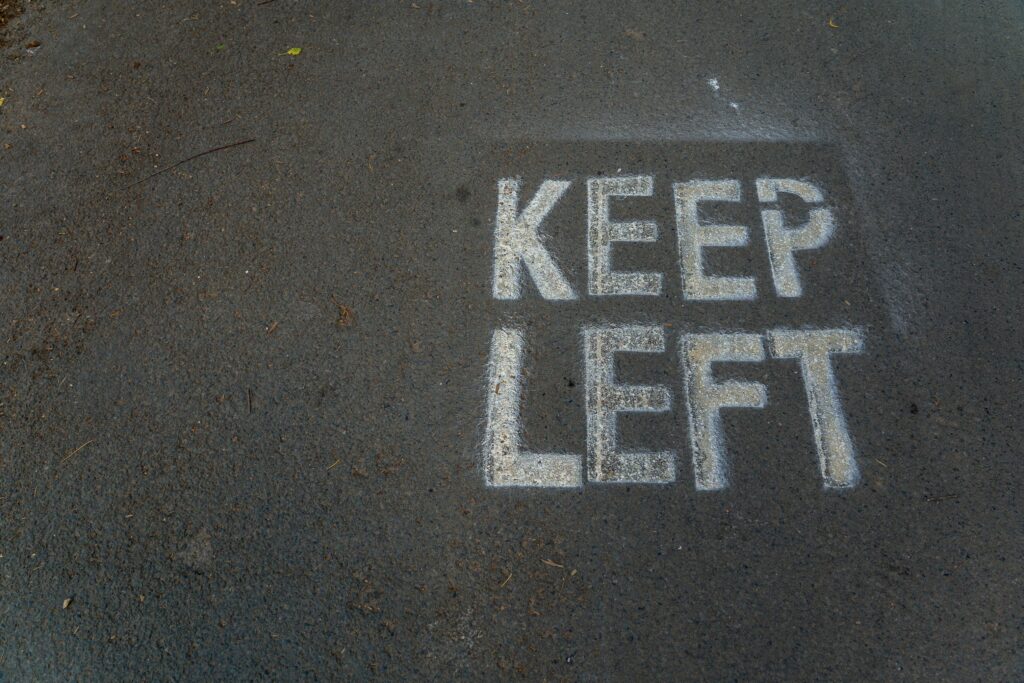I have been writing 1,000 words a day for 62 days. I intend to keep the habit going for as long as possible. If you are asking why, how, and whether I should try it, then read on.
Let’s tackle the why first.
Why write 1,000 words a day
Writing 1,000 words a day was introduced to me by Nathan Barry (ConvertKit founder) in an episode of Ali Abdaal’s Deep Dive series. Nathan talks about how writing 1,000 words a day shaped his career and was foundational for his current success. He ended up writing for over 600 days before illness broke the streak.
As I listened, I found the logic of writing 1,000 words a day compelling. I like the challenge aspect. I like the binary nature of measuring success: you have either written 1,000 words or not. Simple.
In the past, I have set myself running challenges by Running Every Day (RED), where I have achieved streaks of over 200 days. So, I suppose I’m attracted to this type of challenge.
In addition, I have been toying with the idea of writing a book about my take on straightforward project management. Writing about simplifying the bloated methods specified by industry methodologies into useable processes that allow projects to be managed and delivered efficiently.
So, these two things, taken together, got me started on the challenge. I did not prepare or think anymore; I just started that day late in December 2023.
How I write 1,000 words a day
How I do this is divided into two areas: tools and tactics.
Tools
Ulysses for writing
I use Ulysses for all my writing. The main reason for selecting Ulysses is its great word-tracking features. Word tracking is a must. Writing 1,000 words is hard on some days, and I want to stop once I’ve hit the target. Ulysses is great at turning the goal indicator green when a thousand words have been completed.
I use Ulysses on my iPad Pro 12.9″ with a Magic Keyboard. I also have Ulysses installed on my laptop, but I prefer the iPad typing experience and the portability. I have a single top-level folder with all my content (books, blog posts, newsletters and so on) in subfolders. I set a daily goal of 1,000 words in the top-level folder. Any content written in the subfolders counts towards the 1,000-word goal.

This set-up allows me to write a little bit on a book or something else on a blog post or newsletter. I can flit around writing in areas where I have something to say that day. This approach suits my writing style; I want to avoid forcing the words out or getting stalled on an article because I can’t think of anything to say.
The other feature Ulysses has is that it will tell you how many words you have in total in the folder and its subfolders. I like this feature as I can see the total word count for all my content. It is motivating and rewarding to see a total word count of 64,000 and then 71,000 a week later.
Streaks app for counting days
I need a tool to keep count of the days I’ve written. I use an app called Streaks. The app is straightforward. Enter the habit you want to track and the frequency. Then, tick it off each time you complete the habit. The app will collect and report stats for you.
Tactics
In the Ali Abdaal interview, Nathan Barry says that writing 1,000 words is “simple, but not easy”. Tactics help with the “not easy” part. These are the tactics that I have found helpful.
Plan
Writing 1,000 words every day is my most important task, so I need to plan it. First thing in the morning, over lunch or in the evening. It does not matter when, but it must be scheduled. Otherwise, the busyness of the day will sweep me away, and I won’t get the words done.
Make your own rules
The only person judging my success on this challenge is me. So I can make the rules up to suit.
What I mean about setting my own rules is that if I’m away for the upcoming weekend, I will not be able to write because it’s a family trip. Then, I get ahead on the writing the week before. I do 1,500 words for a few days to get ahead and then have a relaxed trip, knowing I’ve already banked the words.

I also count editing as creating 1,000 words of content. None of my initial writing is ready to be published. It needs re-reading, checking and editing. I count this editing session as worth 1,000 words. I set a one-hour timer, put the iPad and phone in aeroplane mode and focus on nothing but editing. This time has to be uninterrupted and completely focused.
I guess some are saying that I have not created 1,000 words that day. And you’re right. But writing 1,000 words day after day is a lot of content. I want to share that content. Writing 1,000 words and then adding time to edit will overwhelm me – hence this strategy. In addition, editing is intense and exhausting; it’s worth 1,000 words. Nathan Barry has a similar approach.
What have I noticed so far?
I am far from the 600+ days Nathan Barry achieved, but even at these early stages, there are some things that I’m noticing.
- Compounding. 1,000 words a day, every day, quickly compound into a lot of content. I aimed for 30,000 to 35,000 words for my first book. I quickly achieved this in the first two months, along with a dozen blog posts, several launch emails and a newsletter. I also wrote the copy for my website in the same two months. So, you can create a lot of content very quickly.
- 1 Hour. Initially, I took 90 to 120 minutes to write the 1,000 words; on average, that has been reduced to about an hour. My typing may have gotten quicker (although I’m still a painfully slow typist), but my brain has become attuned to generating the content when I sit down and write.
- It feels fantastic. Maybe this is just me, but writing 1,000 words daily is big. Most people would not even attempt it. So, I’m 62 days in, still going, and it feels like an immense achievement.
When to stop?
When I started running challenges, I knew they would eventually end through injury, illness, or bad weather.

And the same is true for this writing challenge. It will end at some point, and that’s fine. If I want to start again, I can. If I want to take a break, for whatever reason, that is also fine.
The content will still be there. The skills, experience and learnings will still exist.
Wrap up
This ongoing experiment is already starting to impact my written knowledge library dramatically. However, the most significant positive impact has been improving my discipline. The practice has also forced me to focus on writing and content creation, mainly at the expense of doom-scrolling or watching TV, so it is a double win.
If this post has piqued your writing interest, give it a go. It does not need to be 1,000 words; it could be 500 or 100 – whatever makes most sense for you. During Ali Abdaal’s Nathan Barry interview, Ali describes the practice of writing 1,000 words a day as potentially foundational for his business. If a multi-million subscriber YouTuber thinks this practice can transform his company, consider what it could do for your career or business.
I’m Mark Ford. I’m a project manager and writer.
Unlock exclusive PM knowledge
Get in-depth tips, fresh perspectives, & my latest blog posts delivered straight to your inbox – subscribe & master your projects


